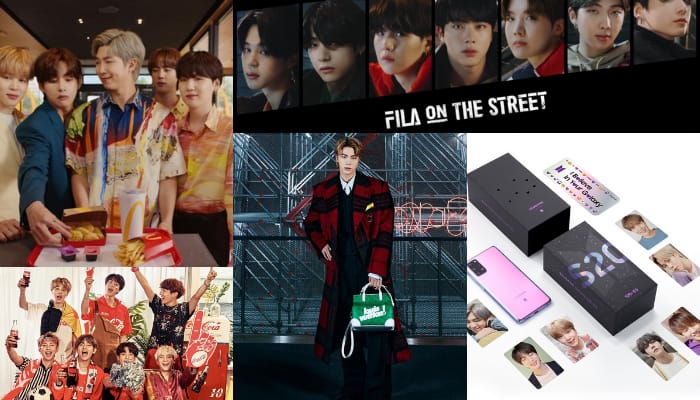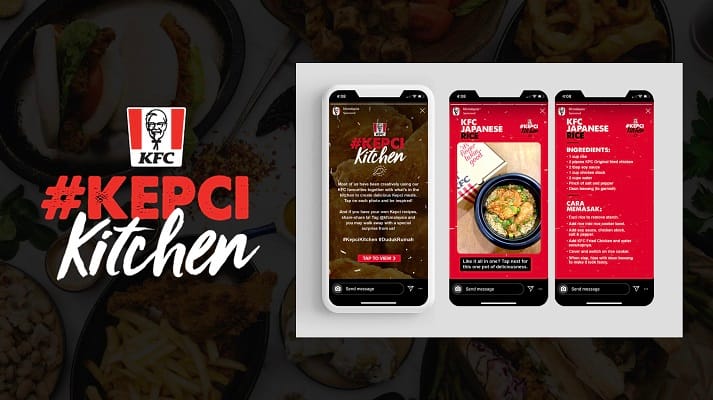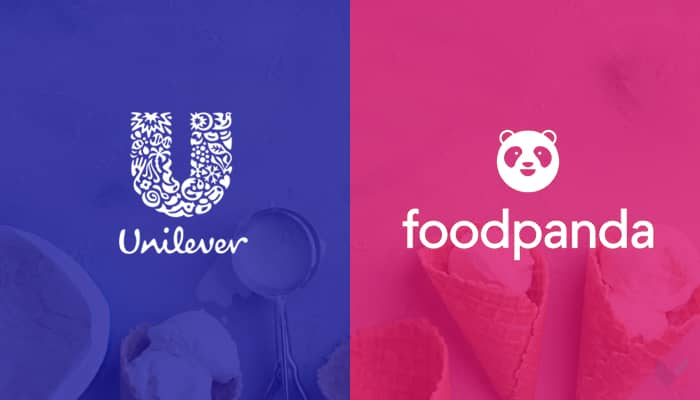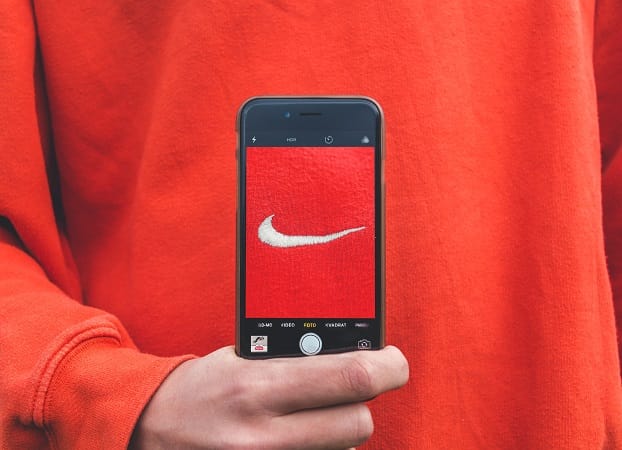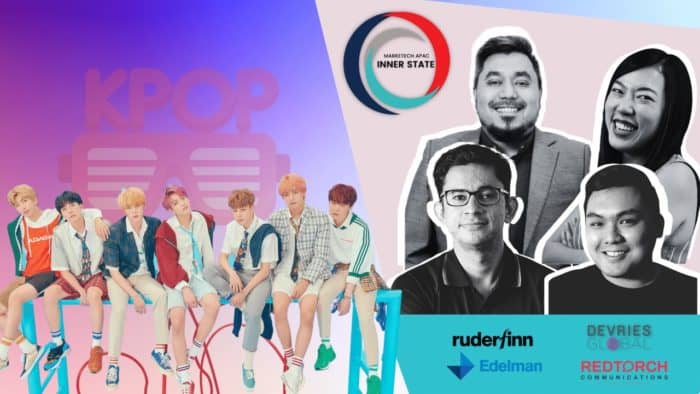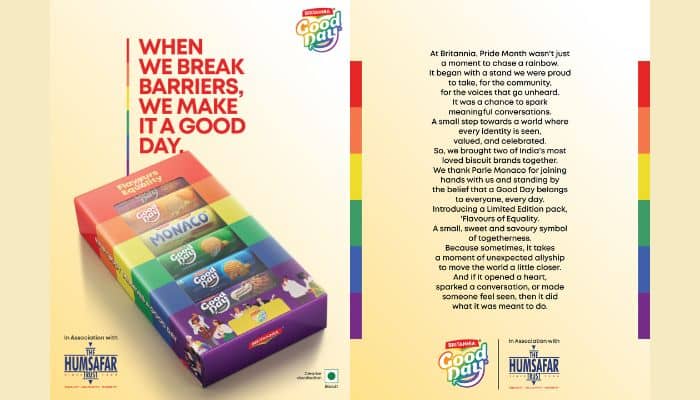For the month of July, the Southeast Asia region once again snitches the spotlight with stories ranging from K-pop research, a fast-food chain’s case study, to an app that aims to cater to a country’s long-standing culture in trading.
This period, we see a very interesting study that has put an official percentage of how much a brand can benefit from web searches upon roping in K-pop group BTS as an endorser. Food delivery is also a highlight this month, with a leading food delivery platform in Asia launching a new offer, and a fast-food brand in Malaysia releasing its case study on a successful 2020 campaign that helped save its delivery business in the face of home cooking-loving consumers.
In the Philippines, we see a live-streaming platform unveiling an ex-Gojek exec as one of its new heads, and from the same country as well as a top story on a commerce enabler that aims to bring digitization to a traditional type of minimart that has been around in the country for years.
With rankings based on Google Analytics for the period of 16th June to 15th July, here are the brands that had you turning with a second look.
Top 5: BTS ambassadorships can boost brand searches by up to 50%, iPrice study shows
Celebrities have undoubtedly been the primary faces of brands, and the new wave of K-pop groups and personalities have just turned to be the novel key to impactfully lift their awareness among consumers. In particular, global superstars BTS; In their multiple stints as global and regional ambassadors, it is no wonder how the latest data from e-commerce aggregator iPrice shows the sheer impact BTS can have on brands when tapping the group as their brand ambassadors.
According to their data, search results for brands can jump up to 50% after signing on BTS as their ambassador, which has long been evident across brands three years ago when the prominence of K-pop brand ambassadors started to materialize.
Speaking to MARKETECH APAC, Isabelle Romualdez, senior content marketing executive at iPrice stated that such affiliation can drive up web traffic of the websites of these brands, which can eventually help drive up their sales online.
She also added that ‘BTS’ influence is so strong that they create a lot of ‘noise’ on social media.’
Citing the campaign for global fast-food chain McDonald’s, for instance, she notes that in Vietnam, the fast-food chain was able to sell 10,000 BTS Meals in one day, and that in the Philippines, they were able to sell 3.5 million pieces of chicken nuggets on the day of the launch.
The best possible outcome for brands which I think is also how BTS affects them is that their partnership [with them] can increase their sales. BTS fans are really devoted, they really spend on their merch. They spend around US$1,400 for their merch, tickets, and other things. And so for them to line up and spend for a special meal or product, it’s really no big deal for them.
Asked about what smaller brands can do who might not be able to afford to partner K-pop personalities, she states this:
“One of the challenges for these smaller brands is that they can’t afford big brand ambassadors, so they have this responsibility to be creative with their campaigns but they can still achieve as much success if they create creative campaigns. Another way is to create content that interests the K-pop fanbase, [such as] talking about their behavior.”
Top 4: Former Gojek growth leader Crystal Widjaja joins kumu as new chief product officer
Filipino live-streaming platform, kumu, has appointed the former chief of staff and senior vice president of growth at Indonesia’s Gojek, Crystal Widjaja, to now assume the role of chief product officer.
MARKETECH APAC conversed with Widjaja to know more about what kumu products she is looking to develop and prioritize.
“We need to start building out products that really do unlock experiences, better than online and offline experiences,” said Widjaja in the interview.
Widjaja shared that the platform will be developing its creator base, building out the best creator tools so that content creators can host game shows, create amazing vlogs, and have fun, among others.
“I think what’s really important is to actually build an enablement platform, where people who want to be a community builder and to engage one another have the tools and [apps] to do that,” she said.
The core of kumu is beyond just a social network for content creators. It really is a social participatory network, and that means we are highly engaging and we allow users to reward one another.
Widjaja will be leveraging her extensive experience in helping startups with growth, data, and strategy, as well as bolstering the platform’s overall product strategy.
In the same interview, Widjaja bared that building kumu has always been about creating opportunities for people to create their small social spaces and a safe environment, one where they can be themselves with people they admire.
Top 3: KFC turned every Malaysian Kitchen into a KEPCI Kitchen
At the start of the Covid in 2020, fast food brand KFC in Malaysia was faced with a dilemma – how does it maintain its delivery business, when consumers, even despite its initial surge, had easily grown tired of ordering take-out? In trying to find a solution, KFC soon found it was not other QSR brands that were the enemy, but the newfound love of home cooking.
In partnership with digital creative agency Reprise, KFC released the campaign KEPCI Kitchen based on this insight, and turned the present trend in their favor – building the excitement of Malaysians to repurpose KFC items in their personal recipes, and therefore, turning their kitchen into a KEPCI kitchen.
Due to a highly engaging integrated campaign which included a dedicated ‘KFC’ cookbook, consistent recipe sharing on Instagram, and also a sponsored cooking show, the campaign soon achieved its target and even more.
In an exclusive chat with KFC Malaysia’s CEO Chan May Ling and Reprise’s Creative Director Eddy Nazarullah, the two both chalked it up to great teamwork and relationship between the brand and agency.
“I think the lovely thing about this case study, I think, is the client-agency partnership, and how fast the team reacted because nobody knew how to react during a lockdown,” Chan said.
“[We’re] very close to our agency partner to uncover the insight and to have a common agreement on how we want to build the brand, and how we want to engage, and I think that’s very important in a relationship; and that’s how it sparked,” she added.
I think what’s key is the collaboration between KFC and [Reprise]. It’s the agency and client relationship that’s definitely made this happen. For us to achieve this, it’s definitely something we can’t do alone, and we definitely need the support from the team.
Nazarullah echoing Chan’s statement
Top 2: PH commerce enabler GrowSari secures US$30m funding for operation expansion
Philippine-borne business-to-business commerce enabler GrowSari has announced that the company has secured more than US$30m in funding from various companies and venture capitals, which include Gokongwei-led listed Philippine retailer Robinsons Retail Holdings Inc. (RRHI) and JG Digital Equity Ventures, as well as Wavemaker Partners.
Other funding participants include Pavilion Capital, Tencent, Saison Capital, ICCP SBI Venture Partners, and the International Finance Corporation (IFC) which is a member of the World Bank Group.
For GrowSari, said funding will help fuel the company’s vision of tapping into sari-sari stores, the Filipino version of neighborhood mom-and-pop stores, which according to GrowSari, has the potential to be the biggest and most accessible distribution channel in the Philippines through driving efficiencies in route planning while collecting valuable insights on store behavior.
In an interview with MARKETECH APAC, Maimai Punzalan, chief marketing officer at GrowSari stated aside from creating more offerings and establishing bigger suppliers and market supply for their clients, they envision expanding from their current 50,000 store base across 100 municipalities in mainland Luzon to around 300,000 store bases in the next two years.
She also added that as they started GrowSari in the first place, there were two things that they needed to address in order to aid these sari-sari store owners: access to affordable goods and assortment of goods, ranging from dry goods to basic necessities. Such aspirations stem from the company’s observation of the current status quo of these local neighborhood stores in the country.
We recognize that the sari-sari store segment is such, maybe an underserved channel for the Philippines, despite it’s serving [about] 84% of Filipinos [who] would shop in a sari-sari store, and it makes it relevant for all of the Filipinos out there. There are about 1 million sari-sari stores spread across the archipelago. I think what’s tough for them though is despite being so important to the lives of the Filipino people, they’re barely making enough really to keep running their business.
GrowSari outfits Philippine sari-sari store owners with inventory, infrastructure, and tools to manage and grow their business while generating crucial data and market insights for manufacturers and distributors.
Top 1: foodpanda ties up with Unilever to now deliver on-demand ice cream products
For our top story for the month, we have the leading food delivery platform in Asia, foodpanda, and its recent partnership with Unilever. The digital change for all economies continues to accelerate, especially now that new consumers migrate online for shopping due to the pandemic, and with this, quick-commerce – the super fast delivery of anything to customers in under one hour or often much faster – is becoming the standard of service.
Unilever and foodpanda’s team-up is aimed at offering 24/7 on-demand ice cream deliveries through foodpanda shops and pandamart – foodpanda’s cloud grocery network. This move targets to reach a wider customer base via foodpanda’s q-commerce across Asia, including Singapore, Malaysia, and Thailand, as well as Pakistan, and the Philippines.
Speaking to MARKETECH APAC, Abhishek Sahay, foodpanda’s senior director of new business, said, “We did find speed as one of the customer insights that [really] people want, and it wasn’t just food deliveries but in every aspect of life. They are becoming much more used to on-demand stuff.”
He adds that the intention behind q-commerce is to provide speed and choice for customers.
Aside from delivering a variety of ice cream, the partnership also includes new product launches, bundle deals, and promotional campaigns, as well as optimized digital advertising and customer engagement on the platform, such as strategic placements of digital banners on the platform, the creative use of in-app notifications, and campaigns on social media.
We are no longer just a food delivery company. We are expanding into new verticals. In terms of future plans, we definitely have a long way to go, specifically on quick commerce. And as we think of expansion, we have three different ways. One is we want more and more stores. Secondly, we think of new country expansion, launching in Japan, Cambodia, and Myanmar. And the third is category expansion,” said Sahay, regarding foodpanda’s future plans.
Watch our live interviews with the newsmakers themselves on the latest episode of MARKETECH APAC Reports, live on our YouTube channel.
This is in collaboration with Malaysia-based media company The Full Frontal.








